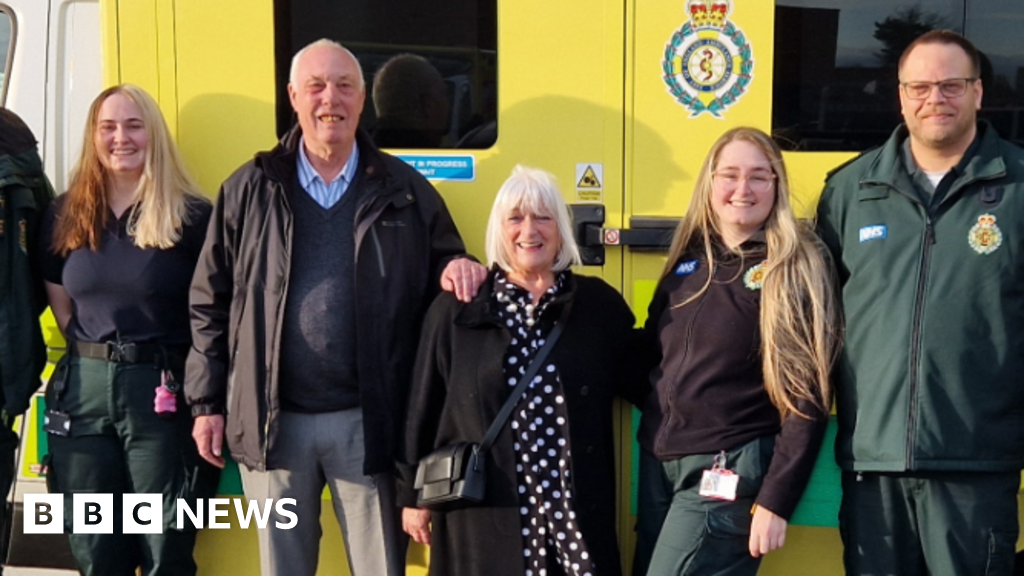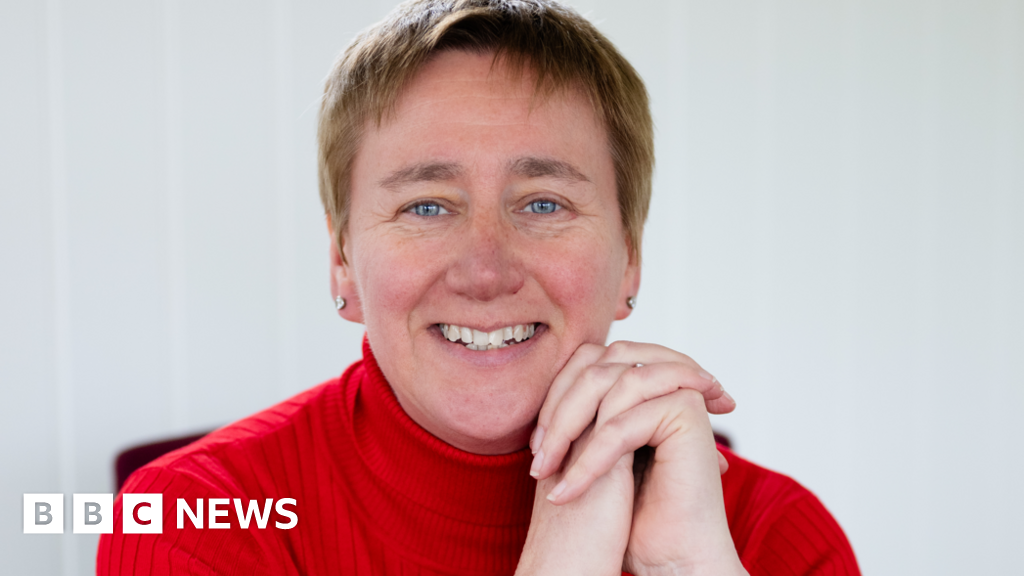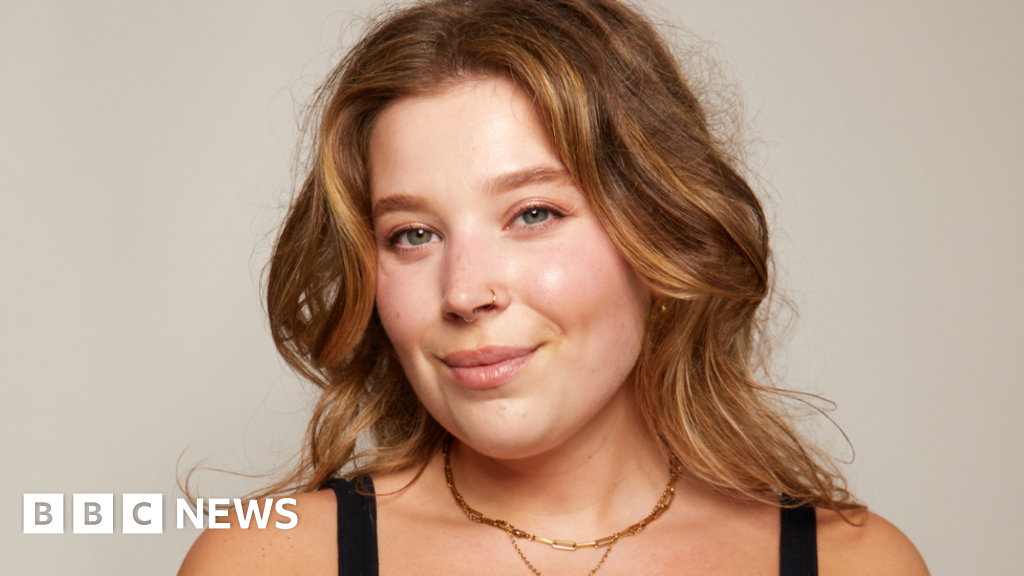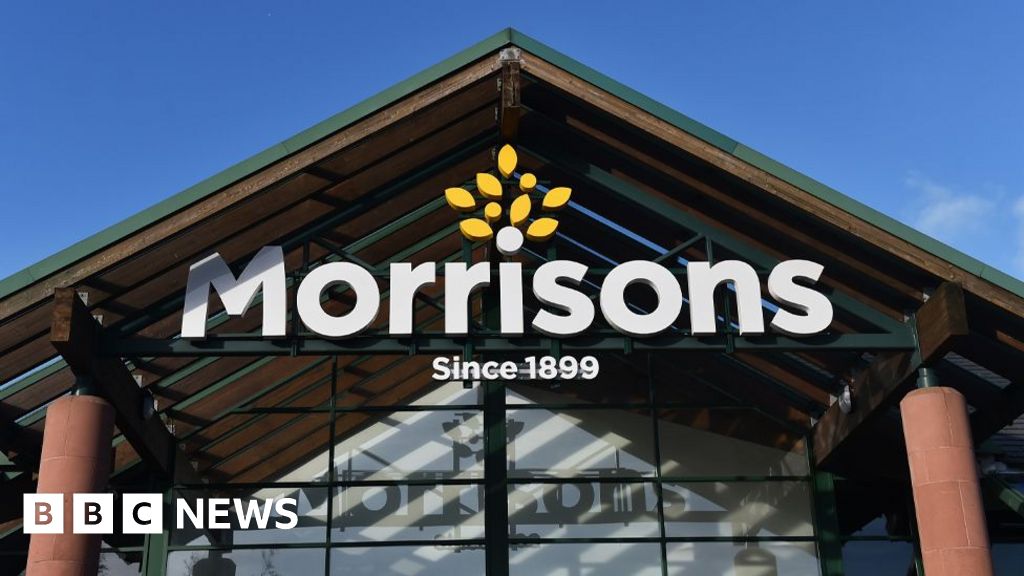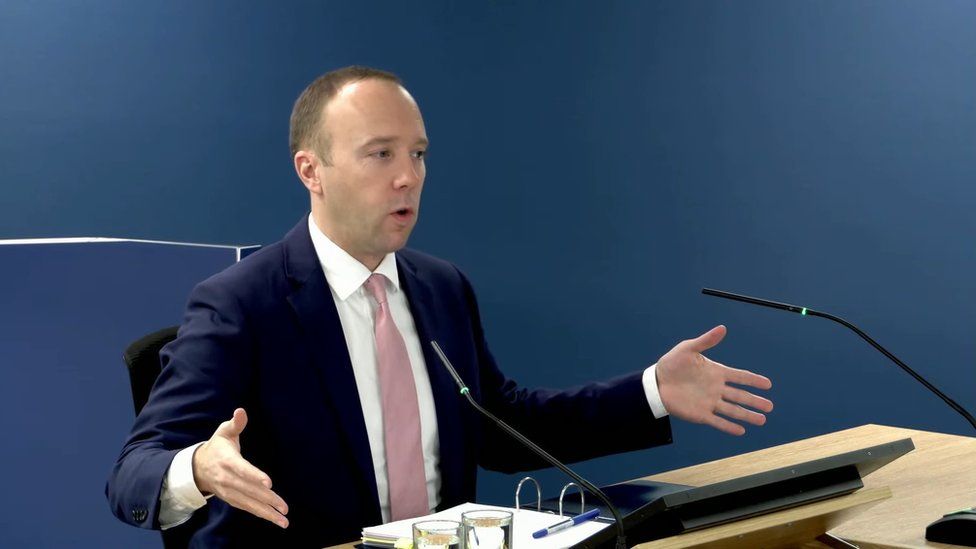 Image source, PA Media
Image source, PA Media
School closures in January 2021 could have been avoided if ministers had taken action earlier the previous autumn, Matt Hancock has said.
The former health secretary told the Covid inquiry that avoiding a lockdown led to tougher measures later on.
WhatsApp messages from October 2020 showed he was worried then-Chancellor Rishi Sunak was putting "pressure" on Boris Johnson "not to do enough again".
He also accused local leaders of putting "politics over public health".
The West Suffolk MP suggested that politicians in Greater Manchester such as the mayor, Andy Burnham, had been "actively unhelpful" when the government tried to put local restrictions in place.
This was the inquiry's second day of hearing evidence from Mr Hancock, who was health secretary for the bulk of the pandemic.
He was forced to resign in June 2021 after being caught breaching social distancing guidance by kissing his aide, Gina Coladangelo.
Asked about the incident, he acknowledged it could have damaged public confidence in the rules.
More on Covid and the Covid Inquiry
Questions at the start of Friday's session focused on decisions made from September 2020, when Covid cases started to rise after a lull in the summer.
WhatsApp messages from October 2020 show Mr Hancock asking civil service head Simon Case for information about a meeting, from which he claims he was "blocked".
"Rishi is in the room... so the PM will be under enormous pressure to not do enough once again," he wrote.
Mr Case responded: "Rishi has already resigned himself to the choice ahead... his only question (and a fair one) is about nonessential retail - where obviously we have no evidence of transmission.
"He thinks better to do something in secondary schools (where we know transmission takes place) instead of closing all shops (where we know it doesn't seem to)."
Speaking to the inquiry counsel, Hugo Keith KC, Mr Hancock rejected suggestions that there was a trade-off between health and economic considerations, saying: "If we don't lock down there will be more deaths and we will have to have a tougher lockdown in the future."
"So on reflection and with hindsight if we had taken action sooner in September of 2020, then we might for instance have avoided the need to close schools, which in the end we had to because cases were so high by January."
Mr Hancock added that, by January, the situation had become so serious that "every lever had to be pulled".
There has been concern about the damaging effect of schools closures on children - particularly those from disadvantaged backgrounds.
Earlier this year, MPs warned it could take 10 years for the gap between disadvantaged children and others to narrow to what it was before the pandemic.
'In despair'
In mid-October 2020, in a bid to slow the spread of the virus, the government introduced the tier system, whereby different rules were implemented in areas depending on the local case numbers.
In his statement to the inquiry, Mr Hancock said he was "in despair" when the policy was announced because he knew it "would not work".
He argued that was because the toughest restrictions were not strong enough, but also because negotiations with local leaders had led to delay and confusion.
He had praise for Joe Anderson, who was Liverpool mayor at the time, saying they were able to work together to put in place an "effective" package of support.
However, he raised eyebrows when he said Mr Anderson was "sadly, no longer with us", despite the fact the former mayor is still alive.
Mr Anderson responded by posting a message on social media: "Just took my pulse and I seem to still be here and I feel ok."
Image source, Reuters
Image caption,Andy Burnham gave evidence to the inquiry earlier in the week
Comparing Mr Anderson to other local leaders, Mr Hancock, said they were "not so constructive and in some cases actively unhelpful".
Mr Keith KC asked if that is what former Chief Scientific Adviser Sir Patrick Vallance was referring to when, in his diaries, he mentioned "difficult negotiations in Manchester".
Mr Hancock said it was and stressed that his comments related to the local leadership, adding "I have got no beef with the fine city of Manchester."
Greater Manchester was placed into tier three restrictions on 20 October, meaning pubs and bars had to close and household mixing was restricted.
The decision triggered a row between Mr Burnham and the government over how much financial support should be provided for the area.
Responding to the criticism, Mr Burnham said: "That may be Mr Hancock's opinion, but he's wrong.
"The mayor and 10 leaders in Greater Manchester, including a Conservative leader, spent many hours trying to negotiate a deal with the government... it would not have been right to place further restrictions on the residents of Greater Manchester without the financial package to support them."
'Therapy sessions'
Mr Hancock also said the way then-First Minister of Scotland Nicola Sturgeon communicated UK-wide decisions was "unhelpful and confusing" and "undermined" the response to Covid.
The inquiry was shown messages in which Mr Hancock said he wanted to make a particular announcement as soon as possible, saying: "It will leak anyway - and the Scots will try to get their announcement out first."
He told the inquiry: "Sometimes, [she] would leave a meeting and begin communication of a decision, for instance, sooner than agreed."
He said he had a good relationship with health ministers in Wales, Scotland and Northern Ireland and compared their meetings to "therapy sessions".
Ms Sturgeon appeared at the inquiry in June this year but is expected to make further appearances, with public hearings continuing until 2026.
Boris Johnson and Rishi Sunak are expected to give evidence to the inquiry before the end of the year.
 (1).png)
 1 year ago
11
1 year ago
11
